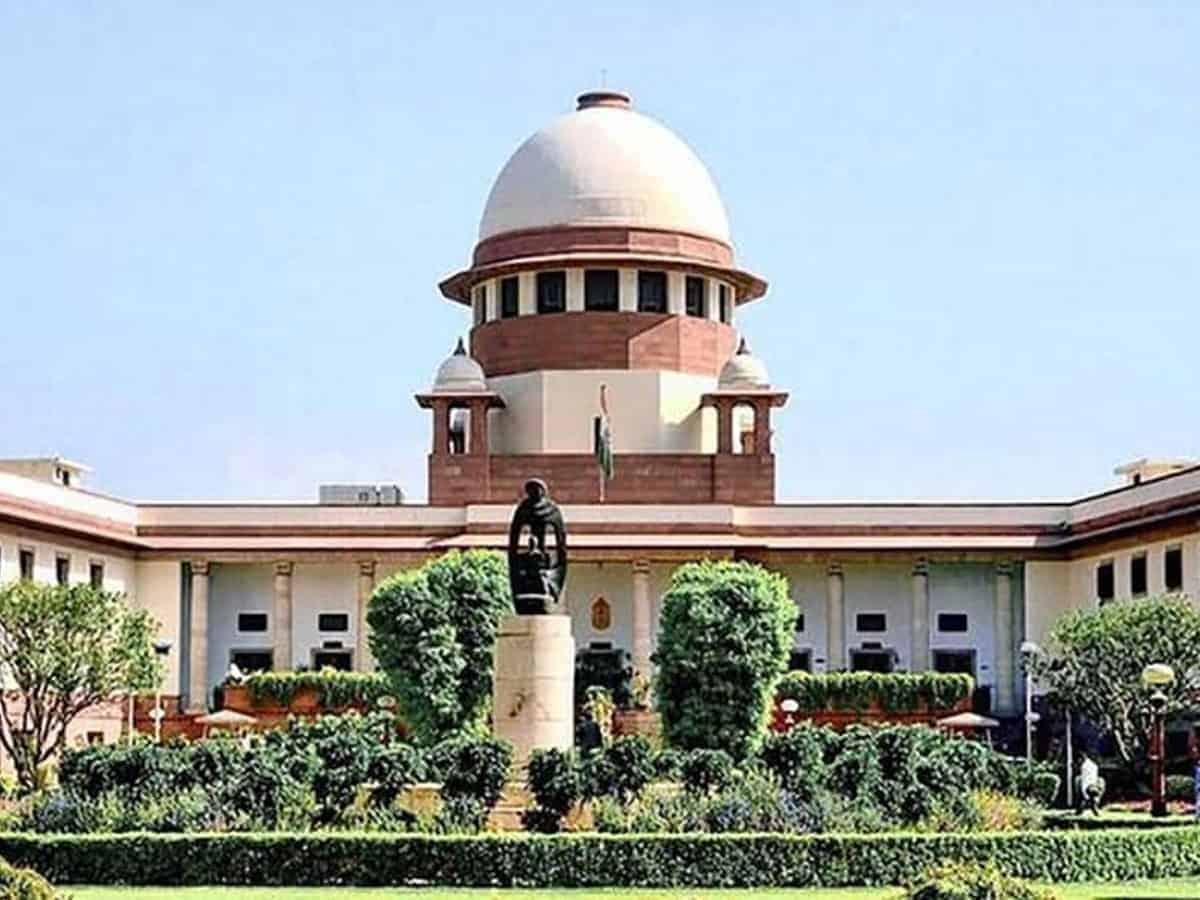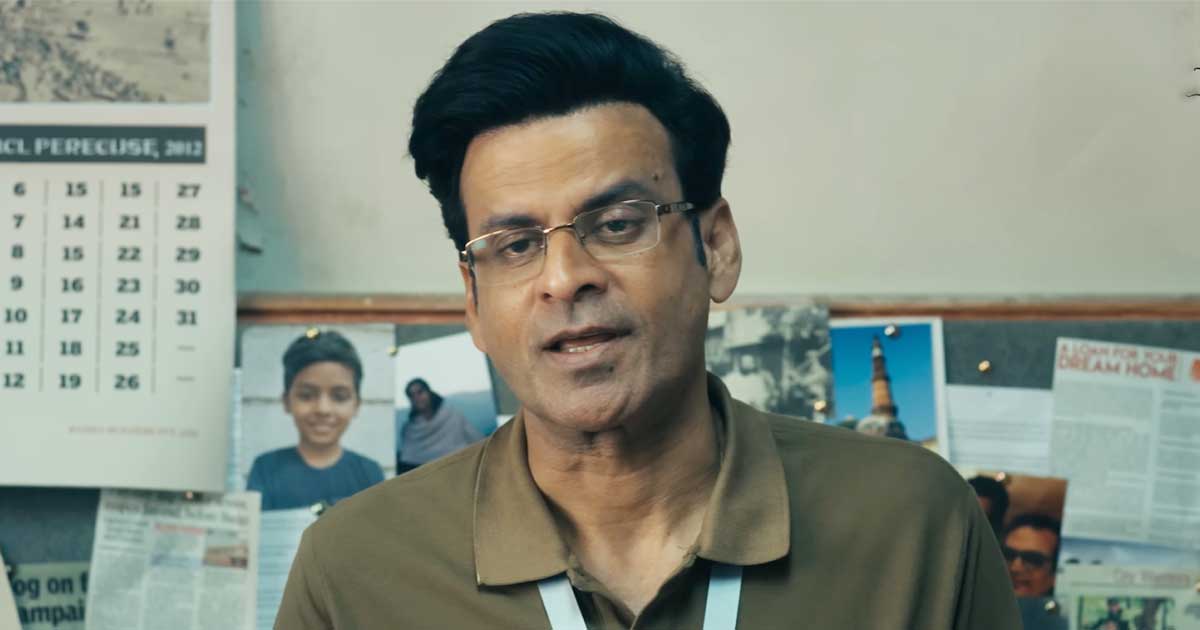New Delhi: The Supreme Court has recently appointed an expert committee to look into the preservation of the Great Indian Bustard which is “non-negotiable” and “need for sustainable development in the context of meeting the international commitments of the country towards promoting renewable sources of energy”.
A bench led by Chief Justice of India DY Chandrachud, JB Pardiwala and Manoj Misra passed the order observing while dealing with a matter relating to protecting the Great Indian Bustard (GIB).
The court has sought a report from the committee by July and listed the matter for the second week of August 2024.
“We are of the view that it will be appropriate if an expert committee is appointed so as to balance both the need for the preservation of the GIB, which is non-negotiable and the need for sustainable development, more particularly, in the context of meeting the international commitments of the country towards promoting renewable sources of energy,” the court in its March 21 order stated.
During the course of the hearing, the Court has underscored the importance of taking proactive measures to protect the GIB.
“There is no dispute in regard to the fact that the GIB is seriously endangered as a species. At the same time, it has emerged in the course of the hearing that there is no adequate basis to impose a general prohibition in regard to the installation of transmission lines in an area as wide as over 88,000 square kilometres,” the court order read.
The committee includes the Director, Wildlife Institute of India, Dehradun; Hari Shankar Singh, Member, the National Board for Wildlife; Niranjan Kumar Vasu, Ex-Principal Chief Conservator of Forest; B Majumdar, former Chief Wildlife Warden and Principal Chief Conservator of Forest, Maharashtra; and Devesh Gadhavi, Deputy Director, The Corbett Foundation, among others.
The committee will determine the scope, feasibility and extent of overhead and underground electric lines in the area identified as priority area in the reports of the Wild Life Institute of India in the States of Rajasthan and Gujarat.
The committee will also look into the need for adopting conservation and protection measures for the GIB, as well as other fauna specific to the topography and desert features and identify the measures to be adopted in the priority areas to ensure the long-term survival of the GIB.
It will also look into the identification of suitable alternatives in the context of sustainable development in the matter of laying long future power lines, which should balance the protection of conservation and the protection of the Great Indian Bustard together with the arrangement of power lines in a manner that would facilitate the fulfilment of the international commitments made by India for developing renewable sources of energy.
“The injunction which has been imposed in the order dated April 19, 2021, in respect of the area described as the potential area shall accordingly stand relaxed subject to the condition that the Expert Committee appointed by this Court may lay down suitable parameters covering both the priority and potential areas,” the court said.
The Committee shall be at liberty to impose any additional measures, both in regard to the priority and potential areas, if it considers it appropriate, including considering the efficacy and suitability of installing bird diverters on existing and future power lines, the court clarified.
Earlier, a three-judge bench had directed the concerned authorities to convert the overhead cables into underground powerlines.
The court’s order had come on a plea seeking to protect two species of birds, including the Great Indian Bustard.
According to the petition, the existence of overhead power lines is stated to have become a hazard due to which the said species of birds in collision are getting killed.
According to the petitioners, overhead power lines are the biggest threat to the survival of the GIBs.








